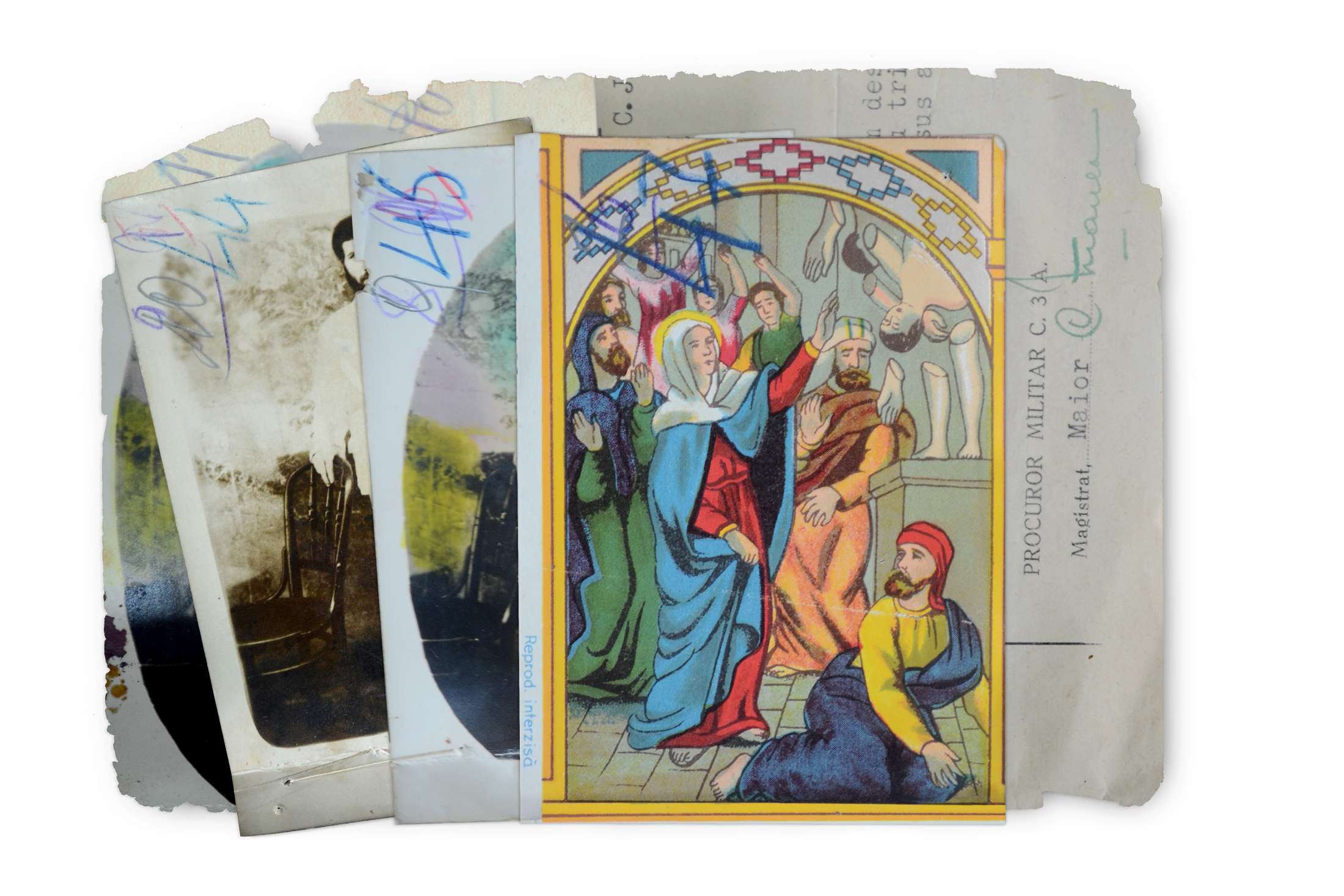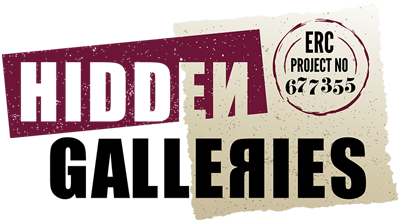
Creative Agency and Religious Minorities: ‘Hidden Galleries’ in the Secret Police Archives in Central and Eastern Europe
Project Outline Principal Investigator: Dr James Kapaló
This Hidden Galleries project concerns the role of religious minorities in the transformation of Central and Eastern Europe societies in the 20th century seen through the prism of the secret police archives in the region. The project re-examines and re-contextualises the holdings of secret police archives in three countries; Romania, the Republic of Moldova and Hungary, with the aim drawing scholarly and public attention to alternative uses and meanings of the archives in relation to the study of minority religions.
The secret police archives, in addition to containing millions of files on individuals and organisations monitored by the state, also constitute a hidden repository of religious art, publications, photographs and the ephemera of religious life confiscated by the secret police. Many religious communities, but especially religious minorities, were repressed and persecuted in the twentieth century under both fascism and communism and their visual and literary creative responses to authoritarian rule have remained concealed in vast storehouses of secret files. The aim of the project to retrieve examples of this visual and literary material from the archives in order to shed fresh light on the role that local and minority religious groups played in challenging the hegemonic order through their creative artistic and cultural production and better understand the power of these art works to materialise the sacred, transform beliefs and create new subjectivities.

The project, through the application of a range of approaches including archival historical and ethnographic studies and a public exhibition, offers a perspectival shift on the value and uses of the secret police archives away from questions of historical “truth”, which have proven politically controversial and have given rise to numerous public scandals, and away from high profile political leaders or religious actors to the “grass-roots” experience of ordinary citizens and their cultural and religious creative products.
This project constitutes the first comparative research on the archives from the perspective of the history and anthropology of religion in the region and it draws attention to the heretofore unexplored creative agency of religious movements under fascism and communism. Finally, in the contemporary context, it explores the significance of these movements in the formation of religious pluralism, the ongoing controversies over state regulation of minority religions, the question of cultural patrimony of confiscated materials and the question of intolerance towards religious minorities.
James A. Kapaló, Principal Investigator
